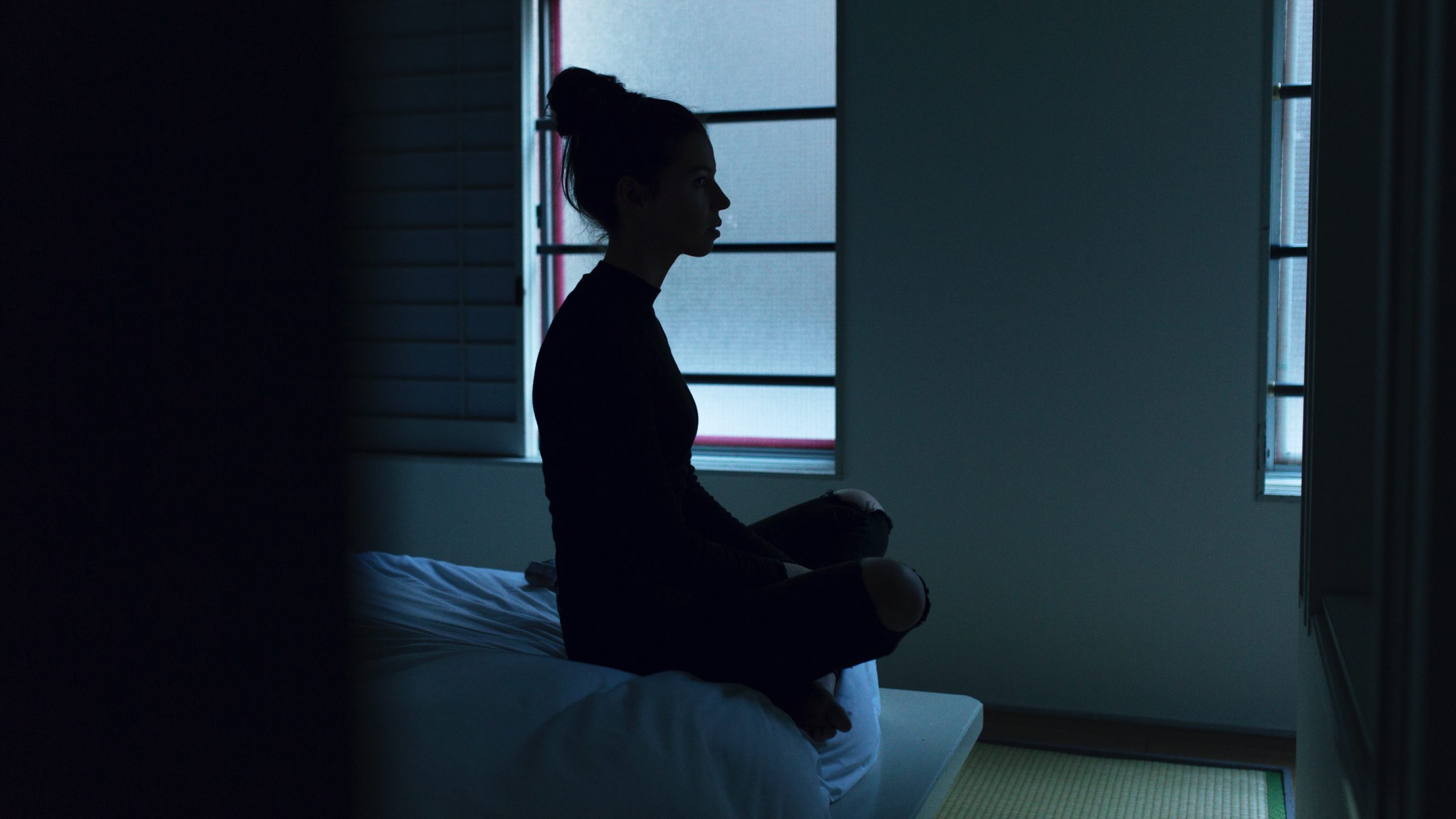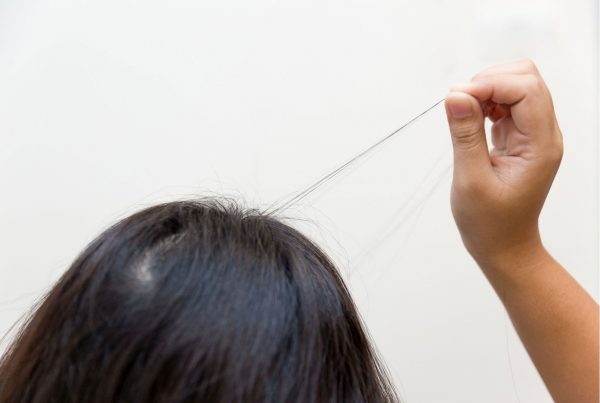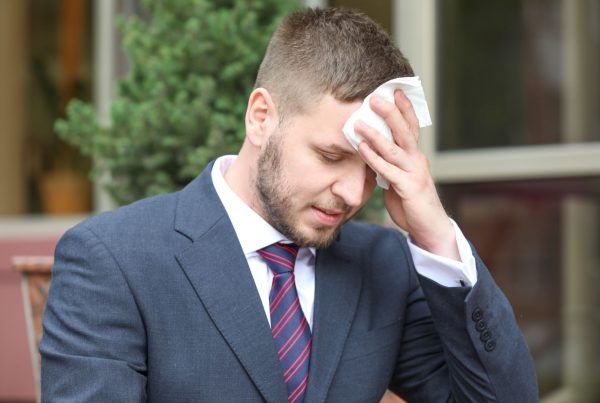How do you know if you’re depressed?
While it’s perfectly normal to feel sad or down intermittently, and especially if something upsetting happens, depression is a medical illness in which a person has a low mood that persists, to the point of feeling hopeless or low and affecting their life and daily activities. Depression entails a low mood for two weeks or more. While it’s normal to feel sad at times during life, depression is a lasting mood that persists, even if someone doesn’t have a specific reason to feel low or down. In addition to low mood, a diagnosis of depression requires four of the following symptoms:
- Irritability
- Guilt
- Low energy (or the opposite, feeling agitated)
- Impaired concentration
- Appetite changes (low or high)
- Suicidal thoughts, or feeling that one would be better off dead
- Lack of joy in things they normally enjoy
- Sleep changes (sleeping too little or too much)
Often these symptoms of depression start to impair life. It can feel hard to get up and out of bed. Small tasks like showering can seem difficult. Lack of enjoyment may lead a depressed person to isolate from friends and family. These behavioral responses to depression can make depression even harder.
What are the types of depression?
Depression is diagnosed as mild, moderate, or severe, depending on the severity of someone’s symptoms affecting their life. For example, in mild depression, someone may still be doing their normal activities but just feeling sad at times. On the contrary, someone who is severely depressed may be unable to eat or even move. Depression is also categorized as a single episode, or recurrent.
A major depressive episode entails a depressed mood most of the day, nearly every day, and/or anhedonia (inability to experience pleasure from activities usually found enjoyable). Additional symptoms fall under three categories: cognitive symptoms, behavioral symptoms, and physiological symptoms.
- Cognitive Symptoms
- Feeling worthless or excessive guilt
- Diminished ability to concentrate or indecisiveness
- Recurrent thoughts of death, suicidal ideation, or a suicide attempt
- Behavioral Symptoms
- Fatigue/loss of energy
- Psychomotor agitation (anxious restlessness that causes a person to make movements without meaning to)
- Physiological Symptoms
- Significant weight loss/gain
- Increase/decrease in appetite
- Insomnia (too little sleep) or hypersomnia (sleeping too much)
Another type of depressive disorder is persistent depressive disorder (dysthymia). This disorder consists of a persistent low mood for a period greater than two years with at least two or more of the following:
- Poor appetite/overeating
- Insomnia / Hypersomnia
- Low energy / fatigue
- Low self-esteem
- Poor concentration / indecisiveness
- Feelings of hopelessness
Symptoms of persistent depressive disorder are similar to major depressive disorder, however, there are fewer symptoms, lasting a longer period of time.
What is depression caused by?
While we don’t know of one specific cause of depression, it seems that depression can be attributed to several things:
- Biological factors
- Genetics – depression is moderately heritable
- Endocrine system – an increase in cortisol levels have been found to be associated with depression
- Neurotransmitters – early theories suggest low levels of serotonin
- Circadian rhythm disturbance – circadian rhythm is our internal clock or daily cycle of internal biological rhythms that influence various bodily processes (depression is associated with sleep disturbances)
- Psychological Factors
- Insufficient social reinforcement – participating in fewer events
- Interpreting events in a negative way
- Rumination – repeatedly thinking about concerns or events
- Social Factors
- Parental depression – increased likelihood of depression in a child if one parent is depressed
- Romantic relationships
- Social support – absence of social support can make one more vulnerable
- Sociocultural Factors
- Gender – across the world, race, and ethnicity, and social class, it is far more common in women
Despite an exhaustive list of probable causes of depression, sometimes an individual can experience depression from no known cause.
How long does depression last?
The depression diagnosis requires that someone experience symptoms for two weeks, though if untreated, the research suggests that an average depressive episode lasts six months. For some, depression may last a lifetime. Treating depression can shorten the period that someone is depressed, the severity of the depressive symptoms, or lead to remission (which is the resolution of all depressive symptoms).
When should I seek professional help?
If you or someone you know is experiencing depression and/or suicidal thoughts, seek help immediately. Additionally, if symptoms of depression persist for longer than two weeks, it is advised to seek professional help or reach out to a friend or family member who can get you access to professional help.
How is depression treated?
Depression is a mental illness that may improve with one or several treatment options. There are behaviors that can reduce depressive symptoms (such as limiting drugs and alcohol, eating whole foods, getting 7-9 hours of sleep, and exercising). Additionally, talk therapy has been shown to treat depression. And, medications for depression can be effective for treating depression. Medications can include pills, and infusions (such as ketamine and pregnenolone) Additionally, non-medication treatments such as TMS (transcranial magnetic stimulation) and ECT (electroconvulsive therapy) have been shown to treat depression.







